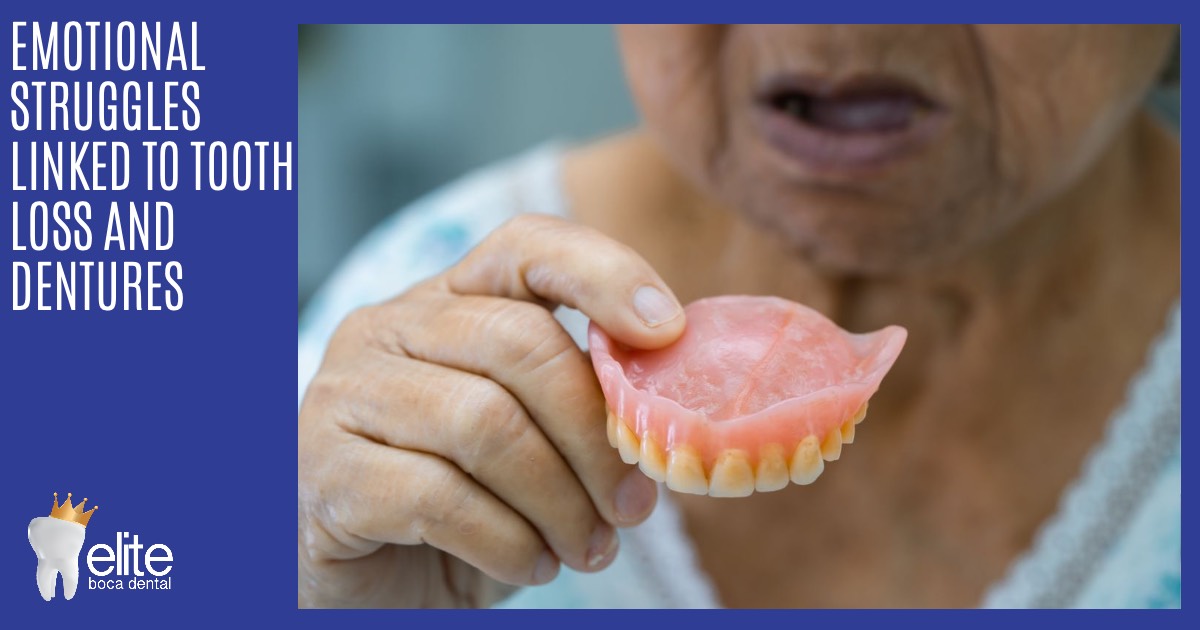
A study from the University of Sheffield has revealed the emotional challenges patients face with tooth loss and adopting dentures. Conducted by the Healthy Lifespan Institute and the School of Clinical Dentistry, this research provides new insights that could improve denture care and treatment.
Patients experience a range of emotions after losing teeth, including self-consciousness, shame, and fear. Physical sensations like pain and sensitivity add to their distress, significantly impacting their quality of life. The research identifies four stages in the patient journey:
- Losing Teeth: Patients deal with the immediate physical loss.
- Emotional Turmoil: Feelings of self-consciousness, depression, and struggle arise. Patients may feel shame, anger, or fear but also hope.
- Optimism: Patients feel hopeful about restoring their smile and normal eating functions with dentures.
- Adjustment: Patients learn to manage life with dentures and develop strategies to disclose their use comfortably.
With about 10 to 15 percent of the population wearing removable dentures, this can become a hidden disability for many. The fear of dentures falling out often leads to social withdrawal, severely impacting social interactions and daily life. While dentures are often the only viable option, alternatives like bridges and implants are usually too costly and less accessible.
The study emphasizes the importance of empathy from dentists during the adjustment period. Understanding these emotional difficulties can lead to better patient outcomes. Professor Barry Gibson noted, "Tooth loss can be hugely traumatic, and this study has uncovered just how challenging it is for people needing partial dentures."
To visually represent the diverse emotional journeys of denture wearers, the research team collaborated with Sheffield artist Gina Allen. Her artwork, "Prosthetic Hope and Compromise," uses color and imagery to depict varied patient experiences. This collaboration also led to a new patient questionnaire designed to better communicate patient needs to practitioners.
Bilal El-Dhuwaib, Clinical Teacher in Restorative Dentistry at the University of Sheffield, highlighted the study's significance, stating, "By equipping dentists with the tools to understand these challenges, we can create a more compassionate and effective approach to tooth replacement."
This study is a crucial step toward improving dental care by acknowledging and addressing the hidden emotional challenges faced by denture wearers.
As your dental health professionals, your well-being is important to us. We are here to assist in your oral health. Feel free to reach out and call the office should you have any concerns or questions about dementia and oral hygiene at 561-482-7008, or reach out to us through our contact page.
Share This Story, Choose Your Platform!
continue reading
Related Posts
Gum disease affects 47% of adults over 30, yet most conventional treatments destroy the good .....
Bad breath affects approximately 25% to 65% of the United States population, creating significant social and .....
The debate about fluoride in drinking water has been making headlines, especially with more...



